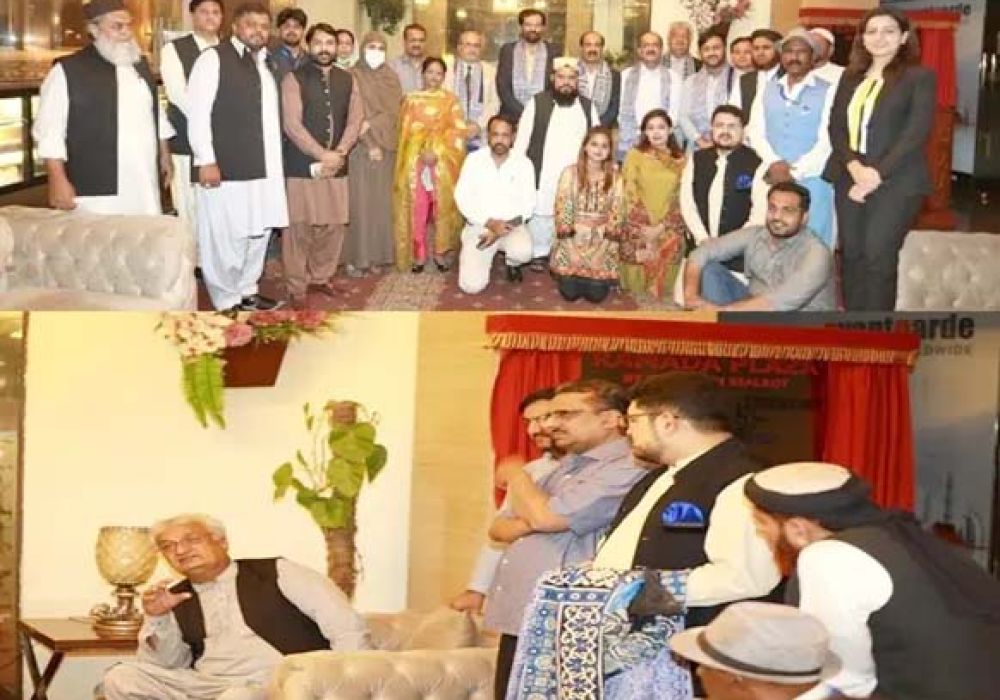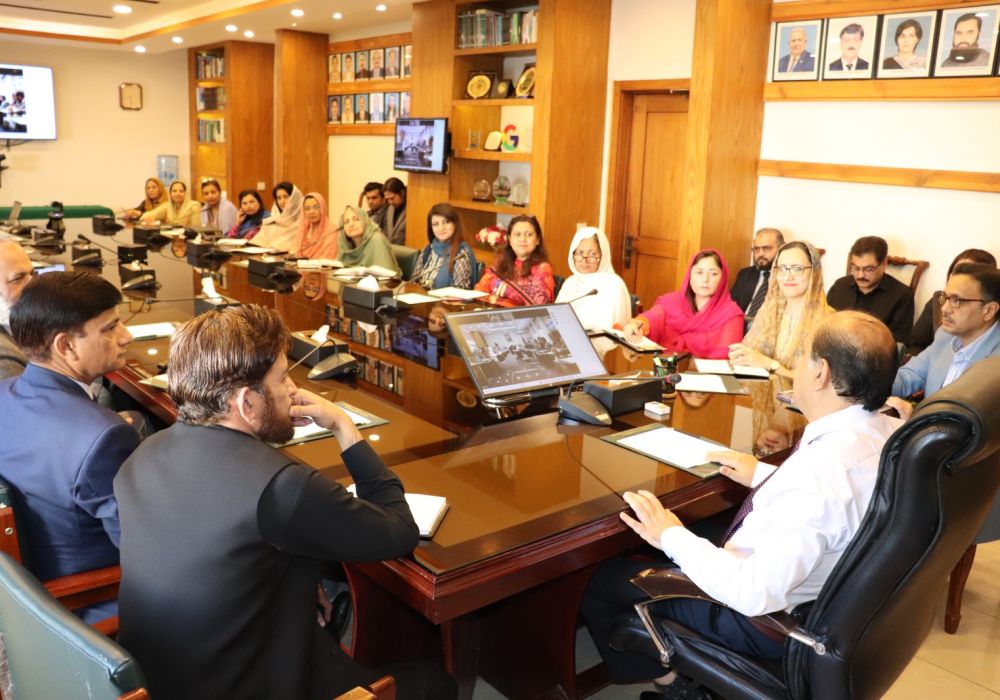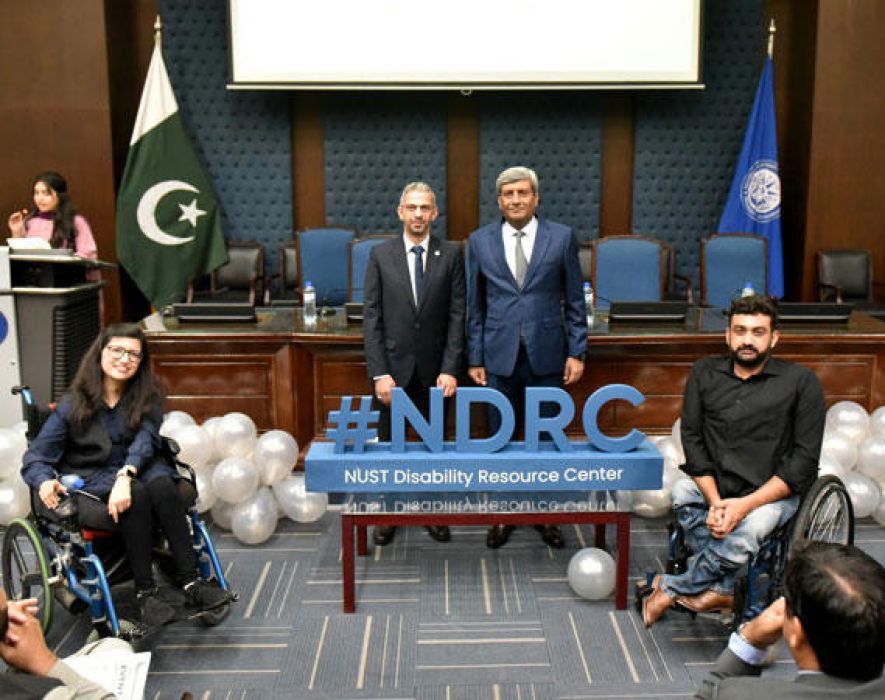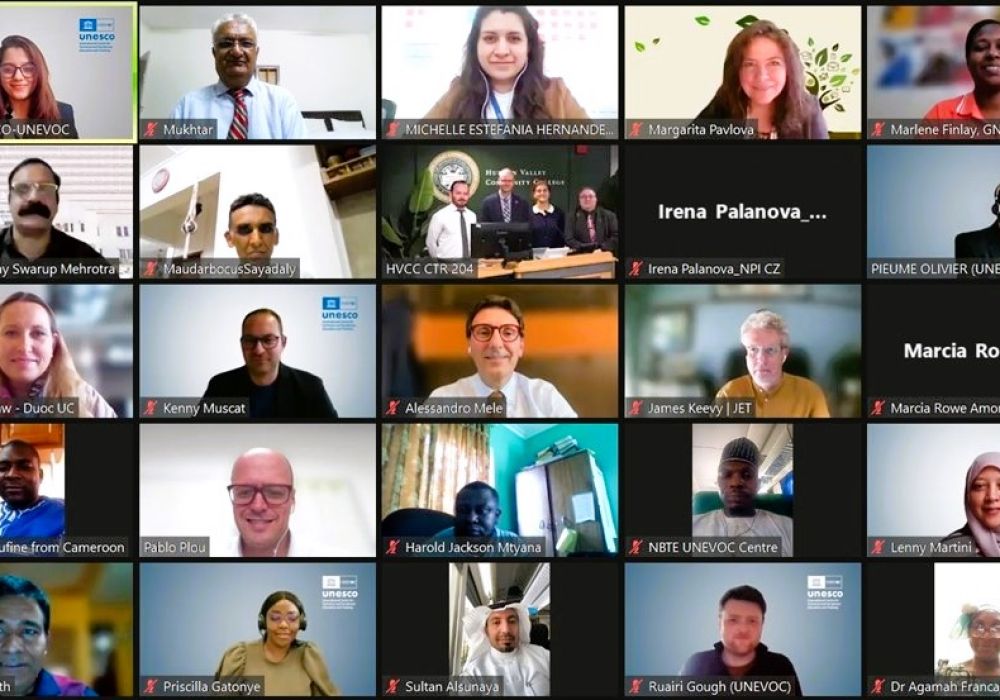Leadership Isn't About Being the Brightest - It's About Seeing the Brightest
Posted 7 months ago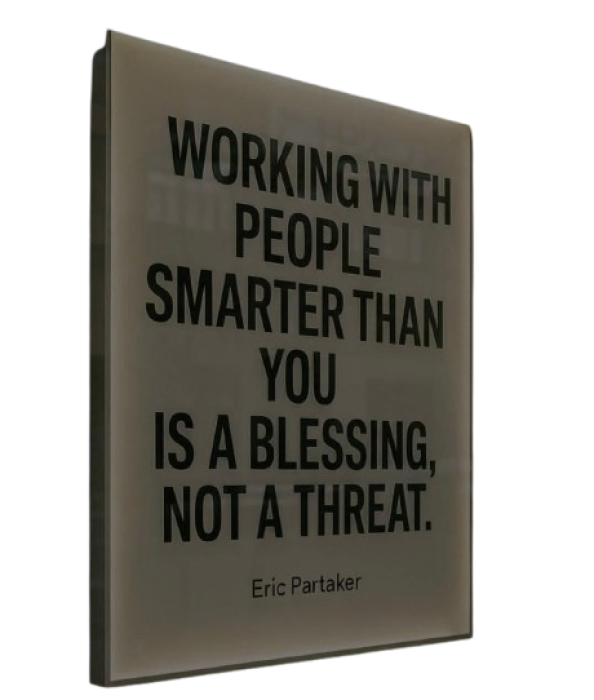
Here's a simple truth we often overlook: working with people smarter than you is a blessing, not a threat. It is an act of courage, humility, and, perhaps most importantly, wisdom. In the fiercely competitive ecosystems of modern enterprises, innovation thrives not in isolated chambers but in diverse collectives of minds unafraid to challenge the status quo and one another.
Yet this notion remains radical in some corporate and academic corridors, where ego and insecurity are confused with leadership. This cultural resistance to intellectual humility has become a silent killer of progress.
The Gift of Smart People - Steve Jobs Story
Steve Jobs famously said, "It doesn't make sense to hire smart people and then tell them what to do; we hire smart people so they can tell us what to do." Under his leadership, Apple became a case study in excellence, in large part because it recruited bright minds, designers, engineers, and thinkers who were given not just tasks but trust. Jobs was not always the most intelligent person in the room, but he was wise enough to recognize brilliance and create an environment where it could flourish.
The same philosophy is evident in Satya Nadella's success story at Microsoft. When he took over a stagnant tech giant, he didn't storm in with bravado; he listened. Nadella's openness to ideas, often from those far more technically adept, sparked a cultural transformation. By empowering intelligent, passionate individuals, Microsoft rekindled its innovative edge, producing breakthroughs in cloud computing, AI, and enterprise services.
In the public sector, Singapore's rise from a developing nation to a global innovation hub was built on its founding prime minister Lee Kuan Yew's principle: "Always be surrounded by people better than you." That attitude turned a struggling island nation into one of the world's most dynamic economies.
The Ego Trap: When Threat Perception Becomes Self-Sabotage
But not every organization takes this path. Many, in fact, actively undermine it.
When leaders perceive brilliant, critical thinkers as threats rather than assets, they suffocate dissent, marginalize innovation, and create cultures of fear and mediocrity. These environments are often plagued by high turnover, groupthink, and intellectual decay. Talented individuals either conform or leave. In both cases, the organization loses.
Consider the collapse of once-prominent companies like Kodak or Blockbuster, not due to a lack of intelligence but because intelligent voices within were dismissed or ignored by leadership that felt threatened by change and the people who advocated for it.
In academia and government institutions, the story is similar. When administrators silence brilliant dissent or suppress young voices out of fear, they mortgage the future of knowledge, policy, and reform. The message becomes: "Your intelligence is unwelcome here." That is a losing strategy in a century driven by creativity and agility.
The Humble Leader: A Modern Imperative
According to Professor Dr. Muhammad Mukhtar, the future belongs to the humble leader, the one secure enough to say, "I don't know," and wise enough to ask, "What do you think?" It belongs to those who can identify talent without insecurity, mentor without micromanaging, and lead without the need to dominate. These leaders understand that their role is not to be the most intelligent person in the room but to bring together smart people and let the best ideas prevail.
We need to move away from leadership models based on ego and fear and toward those rooted in collaboration and courage. True leadership is not about being irreplaceable but about building something so resilient and visionary that it can thrive without you.
Changing the Culture
This shift starts with language and continues with policy. Organizations must reward curiosity over conformity, recognize contributors beyond the hierarchy, and develop mentorship pipelines that connect senior leaders with fresh minds not as a form of control but as a means of mutual learning.
Boards and hiring committees should prize emotional intelligence and humility as much as qualifications and experience. Annual reviews should ask: Did this leader foster a culture of learning? Did they empower others to shine?
When we normalize working with people more intelligent than ourselves, we don't diminish our authority. We amplify our collective potential.

